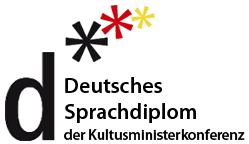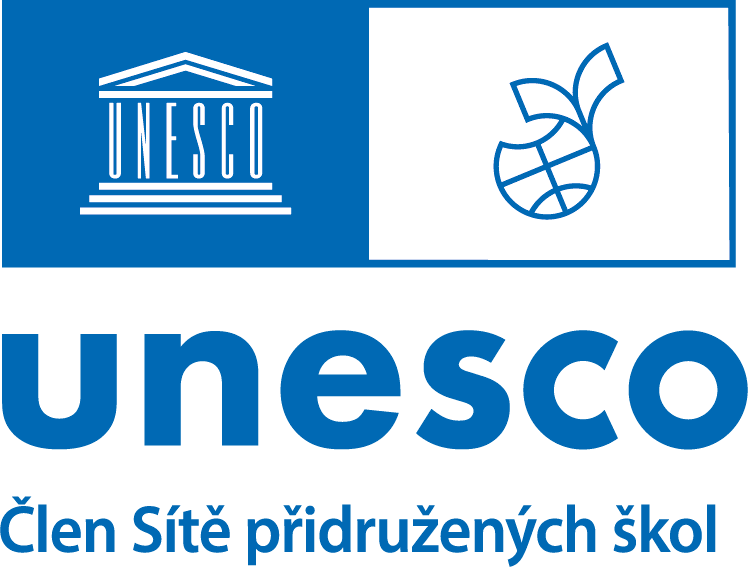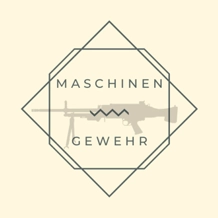On 23rd February, me, David Tran (kvinta A) and Štěpán Smatana (2. A) attended a seminar about the crimes of communist regime. The lecture took place in Valdstein Palace in the Prague Castle. There were three more students of our school - my classmates: Zuzana Havlová, Petre Bělohubá and Terezie Hodková. After two “covid years” the lecture returned to the palace face to face.
The seminar started at 9 AM in the building of the Senate so we had a great opportunity to look around. The whole venue was built in gothic style and the dominant of the palace is a ceiling fresco showing Roman god Mars on a carriage with four horses. The Hall is beautifully decorated.
This event was organized by Young Democrats cooperating with deputy-chairman of the Parliament Mr. Tomáš Czernin and together with Museum of 20th century to remember 25th February 1948 and following forty years of totalitarian regime. The event was opened with a welcome speech by Mr. Tomáš Czernin who welcomed all of us there.
Particular lectures by each presenter followed one by one very quickly. The first speaker was the director of the Museum of 20th century PhDr. Jan Kalous, PhD. who spoke in details about the February coup d'état. He was followed by PhDr. Petr Blažek, PhD., a historian from Institute for the Study of Totalitarian Regimes, who was talking about so called live torches (as Jan Zajíc called them). He was talking about the beginning of this tradition and also about some less known “torches” from Poland of the Soviet Union.
Then there was a lecture by Mgr. David Svoboda, PhD., who might be very lively as his lecture was very lively as well. His work is connected with Ukraine. Because of his work connection, and because on one year anniversary of the beginning of the war in Ukraine, Mrs. Svoboda was talking a lot about this topic and he put some events happening there into context. Last two speakers were Ing. Lubomír Vejražka who deals with the history of political prisoners and their families and Mrs. Věra Pytlíčková, a daughter of such a prisoner.
S short coffee break followed. We could speak personally with presenters and ask them whatever we wanted. Mrs. Pytlícková was a very nice and strong person, I must admit, as she is able to talk about such terrible events from her life so openly in front of a huge crowd. After the break, we watched a document called “The Soviet Story” which I liked very much. On the other hand some might not have liked it as it contained a lot of really brutal scenes.
We enjoyed this event very much. We could learn something new not only about the crimes of communist regime but also something about totalitarian regimes in general.
Tereze Zímová, 4. A, loose translation










